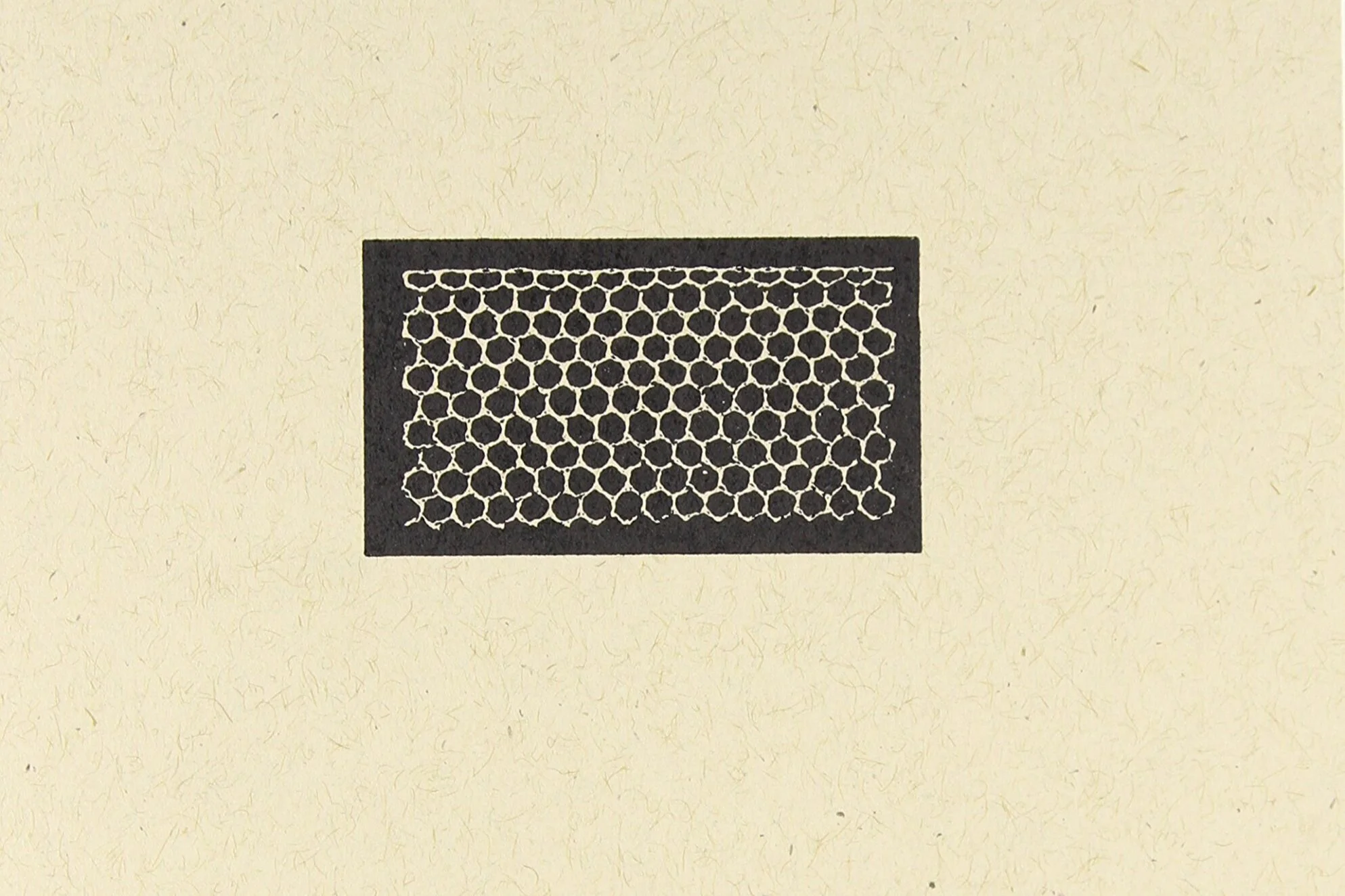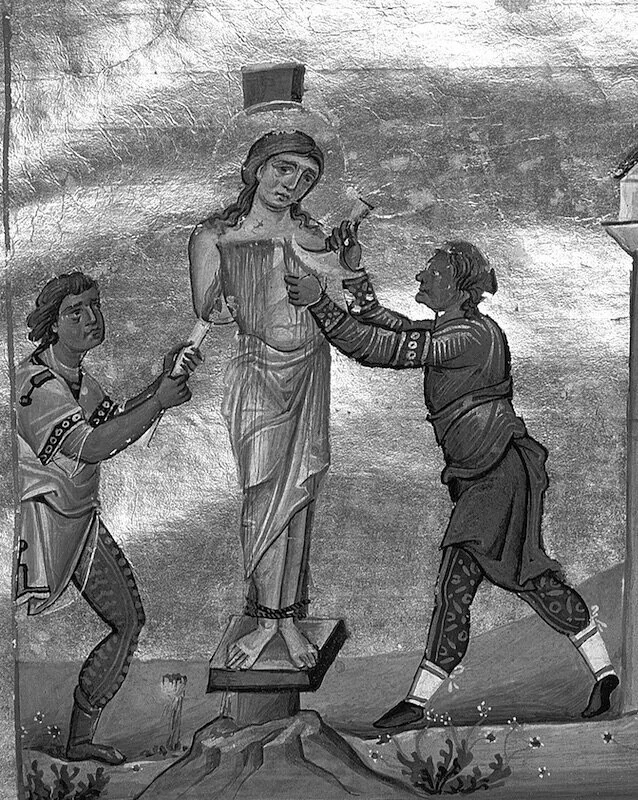From time to time, it is critically important to remind ourselves that our knowledge of the late ancient world—and the religious world of late antiquity more specifically—is altogether fragmentary. It is not only that we lack various types evidence that we would desperately want (the other sides of conversations, further correspondences between actors, evidence of the writing and editing processes themselves, etc.), but that much of the evidence we do possess is itself incomplete, corrupt, lost, or translated multiple-times over. There is a storied and quite understandable line of academic inquiry that treats this situation as something to be, for lack of a better word, overcome. The historians’ job is archaeological. In as much as these scholars engage in a process of mosaic-like reconstruction, they work tirelessly to put the extant pieces together, to fill in the gaps, and to produce something approximating the facts on the ground. They seek to show us the late ancient world as it really was.
At the 2018 Society of Biblical Literature Annual Meeting in Denver, the Religious World of Late Antiquity Unit invited a group of scholars to rethink and ultimately complicate a recovery model of inquiry. We asked this group of scholars, whose reflections constitute this conversation, to offer a close reading of a fragment (broadly understood) in order to embrace rather than eschew a sense of the incomplete and the partial. We were keen to explore the insights that can be gleaned from deliberately fragmentary reading practices, which looked beyond the ancient world while also engaging with it. The goal, then, was not simply to reveal our fragmentary knowledge, but in point of fact to perform it. In the short pieces they delivered in Denver, each of the four presenters sought to articulate both the possibilities and impossibilities of exegeting a fragment. Indeed, rather than arrive at definitive answers to questions, the presenters embraced the challenges, limitations, and difficulties engendered by fragmentary forms.
Four Notes on Memory Theatre
“It is a way of asking questions about the past, and about ourselves in relation to the past, in so far as we can feel fragments of the lives of earlier humans and non-humans reverberating in us. It is an imitable model for asking historical questions by means of staged, layered, immersive bodily performance.”
A Garland of Fragments
by Moulie Vidas
“The following is an essay about fragments composed of quotations. These quotations are drawn from the Bible, rabbinic sources, the works of Origen, Philostratus’s Life of Apollonius, and from the works of Friedrich Schlegel, the foremost modern thinker on this subject.”
Fragments, Intentional and Accidental
“But more than that, the archive of fragments to which we are heirs is the messy produce of the jumbling of accident and intention, purposeful preservation and incidental stashing away. The fragment whispers, suggests, gestures, directs us to the fantasy of the whole picture flickering and dissolving in the middle or far distance like a handful of frames from a mostly lost silent movie.”
Fragment: Toward a Critical Trans History of Byzantium
“In this fragment, I wish to walk us through some of my initial observations and then go on to stress the need to rework our categories of gender and sexuality altogether. My interest here is precisely in how fragments themselves can constitute lives and identities, since the scraps and snippets that fragments offer often can be more loquacious about subjectivities expunged or willfully forgotten from the official historical records.”




